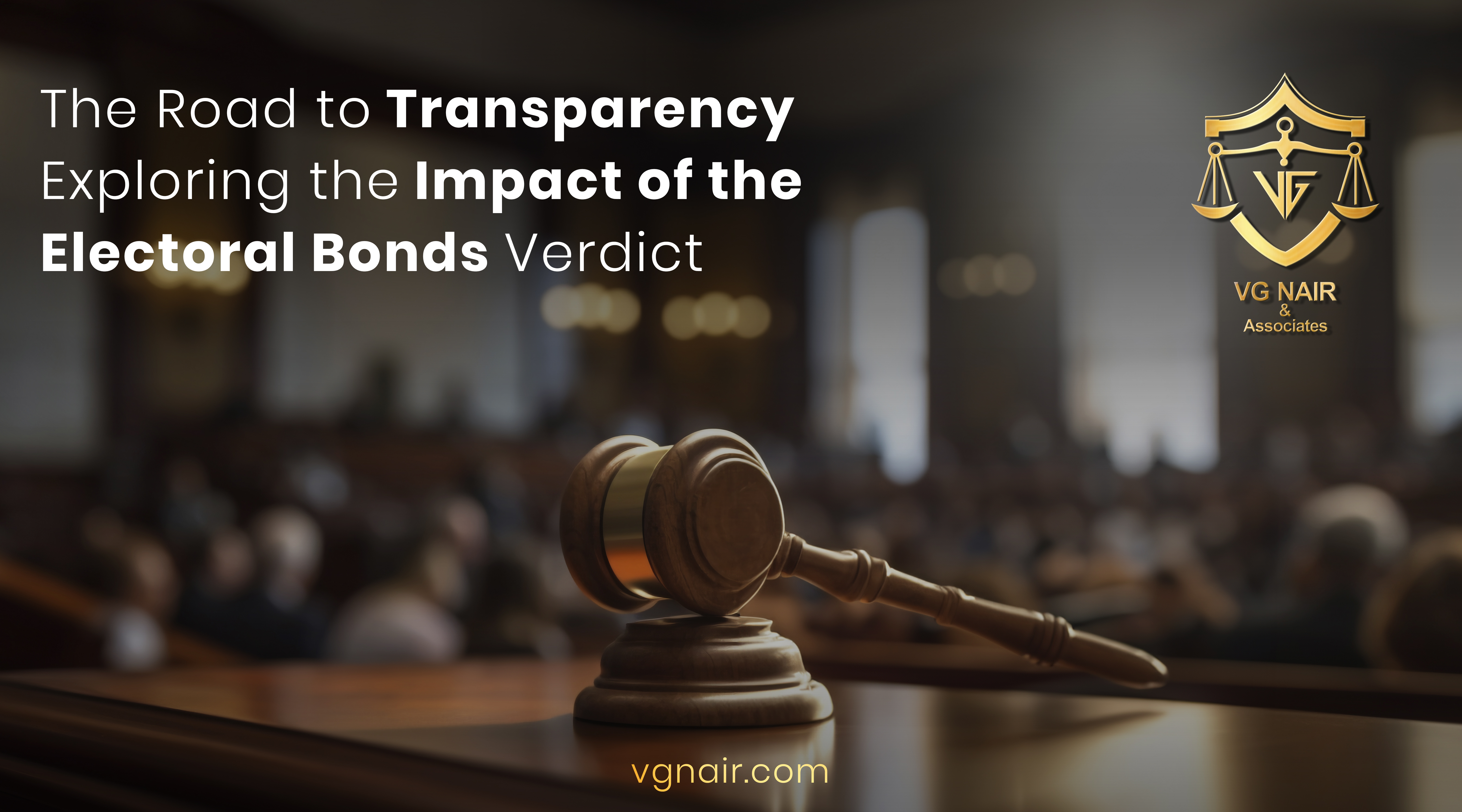The Road to Transparency: Exploring the Impact of the Electoral Bonds Verdict

In a significant judgement on February 15, 2024, the Supreme Court of India unanimously struck down the Electoral Bonds Scheme as unconstitutional, citing serious concerns about transparency and electoral fairness. The decision has elicited extensive commentary on the judicial rationale and implications for political financing in India.
Chief Justice D.Y. Chandrachud, leading a five-judge Constitution Bench, highlighted the infringement of voters' right to information as central to the verdict. The court underscored that knowledge of the sources of political funding is crucial for voters to exercise their democratic rights fully, and therefore, transparency in political funding cannot be compromised. This stance was affirmed across multiple sources, including summaries from the Supreme Court Observer, India Today, and others.
The court found the scheme's promise to curb black money through anonymous contributions unconvincing. It was argued that non-disclosure does not have a rational nexus with curbing black money, a critical point given that genuine transparency in electoral finance was seen as compromised under the scheme. Moreover, the court noted that while electoral trusts provide a similar level of confidentiality, they do not infringe upon voters' rights to information as severely as electoral bonds do.
Additionally, the judgement critiqued the scheme for potentially skewing political competition in favour of the ruling party, a point also noted by India Today, which elaborated on how the scheme could aid the party in power through disproportionate financial contributions. The court also expressed concerns about the unlimited corporate contributions enabled by amendments to the Companies Act, which it deemed unconstitutional for allowing significant corporate influence on policy-making without sufficient transparency.
The verdict also involves practical outcomes: the Supreme Court has directed the immediate cessation of the issuance of electoral bonds by the State Bank of India (SBI) and mandated disclosure of the details of bonds encashed by political parties since their inception.
This landmark judgement is viewed as a pivotal moment in the ongoing debate over transparency and accountability in political finance in India, setting a precedent that emphasises the constitutional importance of voters' right to information over the privacy rights of donors.
